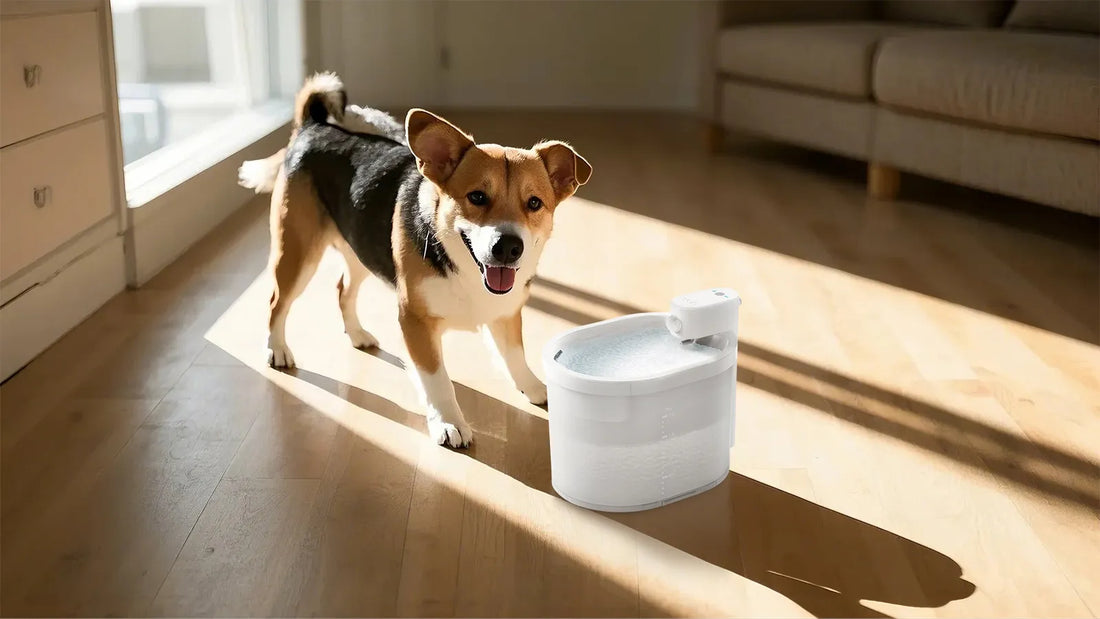If you've noticed that your cat isn't drinking water, it's natural to feel concerned. Water is essential for all living beings, and cats are no exception. Dehydration can lead to serious health issues, so understanding the reasons behind this behavior and knowing how to address it is crucial for your pet's well-being.
Why Is Water Important for Cats?
Water plays a vital role in maintaining a cat's overall health. It aids in digestion, regulates body temperature, and helps flush out toxins. Cats naturally have a low thirst drive, which can make it challenging to ensure they consume enough water. This is why monitoring their water intake is so important.
Common Reasons Why a Cat Isn't Drinking Water
There are several reasons why your cat might be avoiding water. One common cause is the type of water bowl you're using. Cats are sensitive to smells and tastes, and a dirty or plastic bowl can deter them from drinking. Another reason could be the location of the water bowl. Cats prefer quiet, safe spaces, so placing the bowl in a noisy or high-traffic area might make them uncomfortable.
Medical issues can also lead to reduced water intake. Conditions like kidney disease, diabetes, or dental problems can make drinking water painful or unappealing. If you suspect a health issue, it's essential to consult your veterinarian promptly.
Signs of Dehydration in Cats
Dehydration can be life-threatening if not addressed quickly. Some common signs include lethargy, dry gums, loss of appetite, and sunken eyes. You can also perform a simple skin elasticity test by gently pinching the skin on the back of your cat's neck. If it doesn't snap back quickly, your cat may be dehydrated.
How to Encourage Your Cat to Drink More Water
There are several strategies you can try to encourage your cat to drink more water. Start by providing fresh, clean water in a stainless steel or ceramic bowl. Place multiple water bowls around your home to make it convenient for your cat to hydrate. Some cats prefer running water, so consider using a pet water fountain.
You can also add water to your cat's food. Wet food contains more moisture than dry kibble, which can help increase their overall water intake. Another option is to offer ice cubes as a fun and refreshing treat.
When to Seek Veterinary Help
If your cat continues to avoid water despite your efforts, it's time to seek professional help. Persistent dehydration can lead to severe complications, including organ failure. Your veterinarian can perform tests to identify any underlying health issues and recommend appropriate treatment.
Remember, early intervention is key to preventing long-term damage. Don't hesitate to reach out to your vet if you're concerned about your cat's water intake.
Ensuring your cat stays hydrated is essential for their health and happiness. By understanding the reasons behind their reluctance to drink water and taking proactive steps, you can help your feline companion thrive. Don't wait until it's too late—take action today to keep your cat healthy and hydrated.

![[🎃Halloween Sale]UAHPET Stainless Steel Self-Cleaning Cat Litter Box](http://www.uahpet.com/cdn/shop/files/1-cat-litter-box.jpg?v=1761890851&width=1600)












